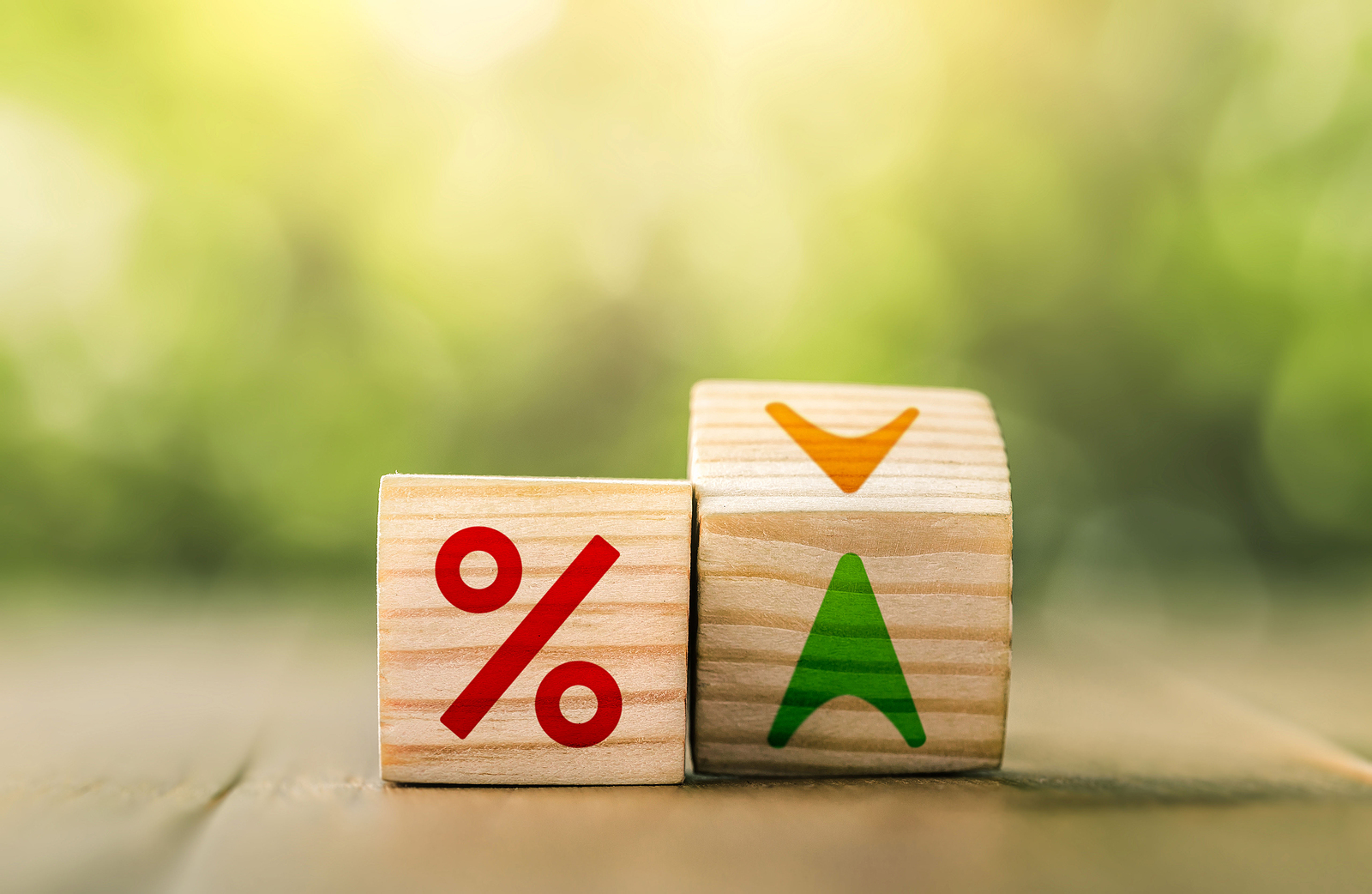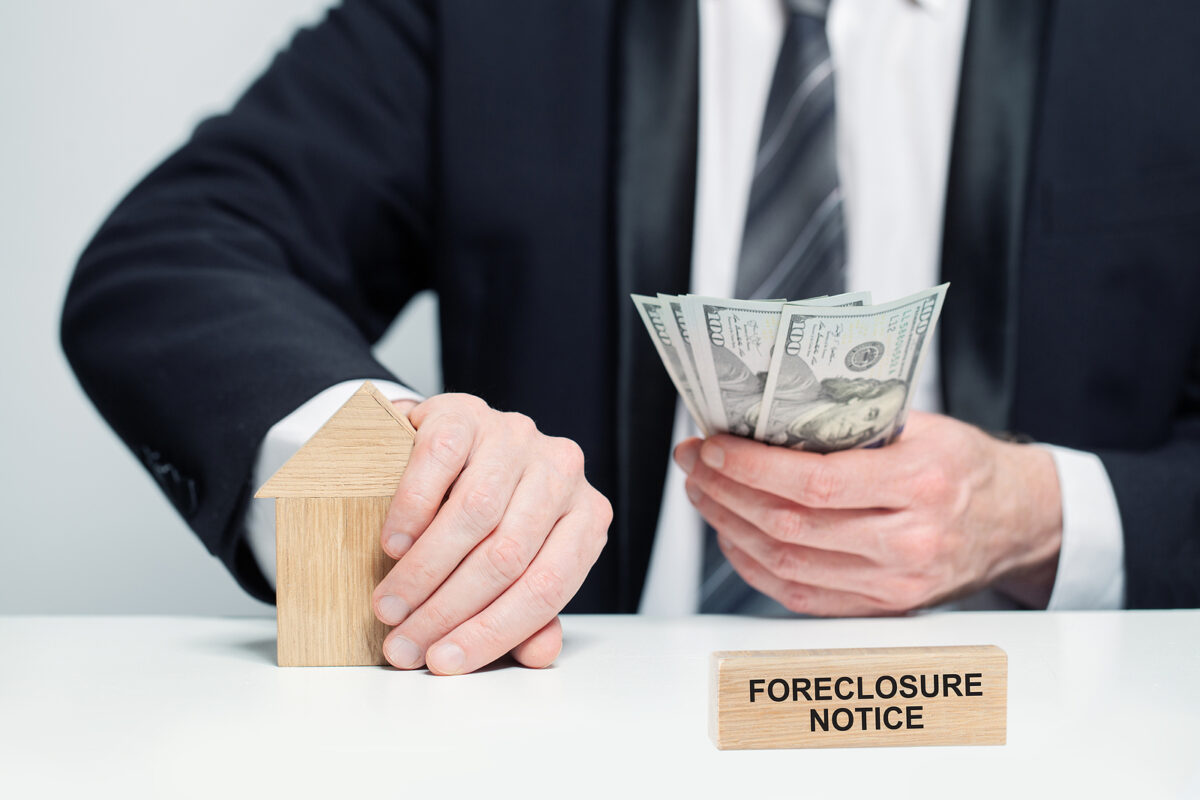Well, this is certainly something we weren’t expecting. Major economists promised us that the economic downturn would be nothing like what we experienced in 2008.
Yet, a recent headline at Realtor.com warns us that “The number of homeowners receiving a dreaded foreclosure filing spiked in May.”
At first blush, it seems rather odd. We were reading about record home equity across the country just last year. But that was before the recent rate hikes.
According to CoreLogic, which keeps track of the ups and downs of home equity, Americans who currently hold a mortgage (about 63% of all homeowners) lost “…$108.4 billion since the first quarter of 2022” as of the first quarter of 2023.
California, Washington and Utah homeowners lead the pack with the highest losses. Overall, it impacts those who bought during the pandemic the hardest.

But it’s not all doom and gloom. “… while homeowners in some areas of the country who bought a property last spring have no equity due to price losses, forecasted home price appreciation over the next year should help many borrowers regain some of that lost equity,” the Core Logic study shows.
Not only does this bode well for current homeowners, but for homebuyers as well. The lesson seems to be:
Get into the market now before prices start to climb
Thanks to rising home prices, “The average U.S. homeowner now has more than $274,000 in equity — up significantly from $182,000 before the pandemic,” according to the Economy Team at CoreLogic.com.
How do foreclosure rates impact the housing market? Read on as we dive into the topic.
What are foreclosure rates?
Foreclosure is when a lender takes ownership of a property because the person who borrowed money to buy the property hasn’t been able to make their mortgage payments. Foreclosure rates tell us how many homes are going through this process.
They help us determine if more people struggle to keep up with their mortgage payments and what that means for the housing market.

The current situation
In the past year, foreclosure rates have been relatively low due to the government’s help during the COVID-19 pandemic. Programs were put in place to give temporary relief to homeowners who were facing financial difficulties.
However, as these programs ended, foreclosure rates began increasing. This could be because some people are still facing financial challenges or the pandemic’s impact on the economy continues.
Impact on the housing market
- More Houses for Sale: If foreclosure rates continue increasing, more houses will be available for sale. These bank-owned houses are often sold at lower prices, which could affect the overall value of homes in certain areas.
- Rentals and Prices: When people can’t afford their mortgage payments, they might choose to rent their homes instead. This means more rental properties become available. It could lead to lower rental prices, which would be good news for people looking to rent. However, it may create challenges for landlords who struggle to find tenants or earn enough money from their rental properties.
- Concerns for Lenders and Investors: When foreclosures happen, lenders who give loans to homeowners might not get all their money back. This can cause financial problems for the lenders.
- Housing Affordability: Foreclosures can have a mixed effect on housing affordability. On the one hand, if home prices go down because of more foreclosed properties being sold, it could make it easier for some people to buy homes. On the other hand, if the economy is affected by foreclosures, it can lead to job losses and financial difficulties, making it harder for people to afford housing.
Although most homeowners have fixed-rate mortgages, the increase in interest rates may still negatively impact them.
“… studies show that homeowners may face more economic challenges in rising interest rate environments. These issues can lead to more spending, more debt, and consequently, a higher foreclosure rate,” suggests the lawyers with Orlowsky & Wilson, Ltd., a Chicago area business and estate planning law firm.
They remind us that loan modifications are popular products for those struggling to pay their mortgage. These programs “… often prevent foreclosure,” keeping Americans in their homes.
“However, with mortgage rates topping 6%, many fewer modifications can be done today. In addition, some homeowners are trapped in mortgages they cannot pay, so foreclosure rates have ticked up,” they conclude.

What can be done?
To reduce the negative impact of foreclosures on the housing market, the government can take steps to help struggling homeowners. They can offer programs to modify loans, provide financial counseling services, and create initiatives to prevent foreclosures. These efforts aim to assist homeowners in keeping their homes, and they also stabilize the housing market.
Foreclosure rates are significant to watch because they affect the housing market and everyone involved. More foreclosures mean more houses for sale, potentially lower rental prices, concerns for lenders and investors, and mixed effects on housing affordability.
